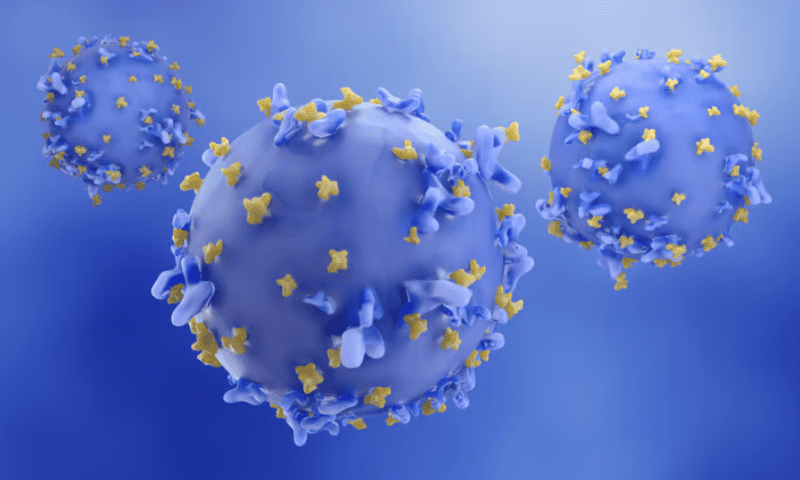Tessa Therapeutics is hoping that as the biotech industry turns the page on a new year, off-the-shelf cell therapies will be all the rage. In fact, the company has moved aside its phase 2 autologous CAR-T therapy to go all in on an allogeneic counterpart.
Just six months removed from its nine-digit series A haul, Tessa says it’s on the hunt for “strategic options” for its autologous cell therapy, TT11, according to an announcement Tuesday. Instead, the company will focus on developing its phase 1-stage off-the-shelf sidekick, TT11X.
The news marks a diversion from the company’s plans in June when the expectation was that a fresh $126 million series A would be used to fund the launch of both a pivotal trial for TT11 and continued development of TT11X. But citing promising response data presented at the American Society of Hematology annual meeting, Tessa feels resources should instead all flow towards the off-the-shelf product.
A representative for Tessa could not be reached for comment regarding whether or not the decision would spur any layoffs at the biotech.
The allogeneic asset is a CD30-targeting, CAR-modified, Epstein Barr Virus-specific T-cell for patients with lymphoma. In essence, the company uses T-cells produced to counter an Eppstein Barr virus infection and modifies them to target CD30-positive tumor cells.
Recruitment is still ongoing in a phase 1 trial for TT11 out of Houston, with the goal of signing up 18 patients. In addition to both TT11 and TT11X, Tessa is working on two additional cell therapies to tackle solid tumors, including TT16 which is in a phase 1 study for patients with HER2-positive cancers.
The decision to prioritize the allogeneic program is the most significant clinical decision made to date by new CEO Thomas Willemsen. The former Takeda exec was tapped in late August, leaving his role as SVP of Asia-Pacific operations for the Japanese Big Pharma to lead the Singapore-based biotech.
It remains to be seen whether allogeneic cell therapies can provide a durable recovery from cancer, although the modality at large continues to gain momentum. Atara made waves in December when it became the first company to nab approval for an allogeneic T-cell therapy as a treatment for patients with relapsed or refractory Epstein-Barr virus-positive post-transplant lymphoproliferative disease. In October, Allogene became the first company to get an allogeneic CAR-T into phase 2 trials.

